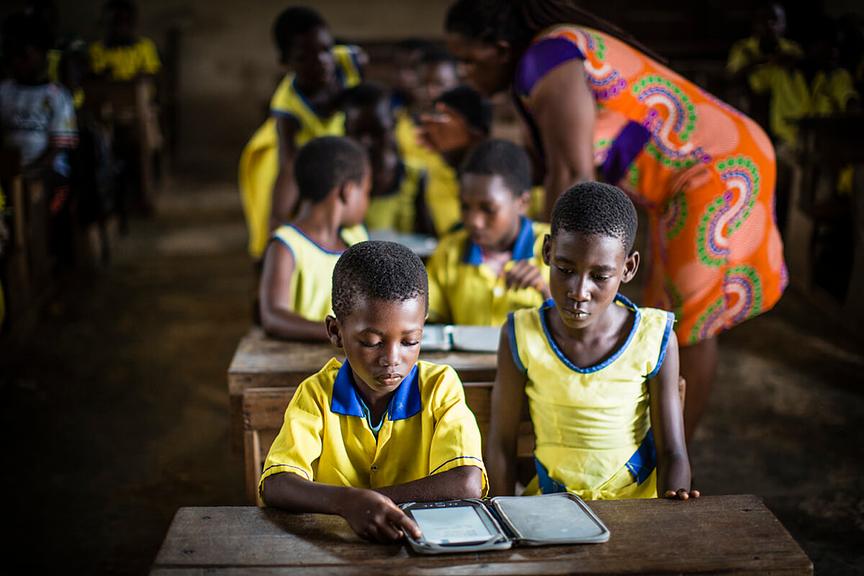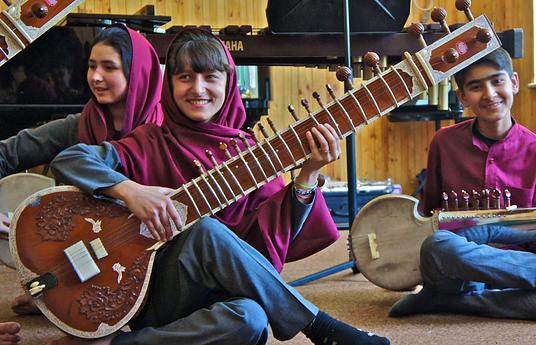Over250 millionprimary school children worldwide lack basic reading and writing skills, limiting their potential. Literacy increases earning potential, decreases inequality, improves health, and provides thechange needed to breakthe cycle of poverty. To increase literacy skills, readers need books. However,40% of schools in Africa have little to no access to material.
Children need books in their own language that reflect local culture and life experience. Lifelong readers are born when their first book is relatable and interesting.
Worldreader places books in the hands of aspiring children, families, and communites where books are scarce. With a collection of over 40,000 digital books in 43 languages, readers have access to stories that resonate locally. Corporations such as Opera, Amazon, and Microsoft have already helped Worldreader reach over 5 million readers andpublishers like Pearson, Penguin Randomhouse, and Pratham Books have added to the collection of free books. The Kenya National Library Serviceand Pencils of Promise have already integrated the Worldreader model into their programmes that provide booksand promote literacy.
By providing parents, teachers, and librarians with the training and resources to champion reading, Worldreader seeks to foster community-wide reading cultures. Using an app that requires minimal data and internet usage, Worldreader has a range of programmes that increase literacy using digital technology. Titles are optimised for even the smallest screen sizes.
In impoverished areas, Worldreader engages in sponsorship programmes which provide e-readers to schools and libraries. This scheme is currently implemented in 424 sub-saharan African schools and libraries in 16 countries.



